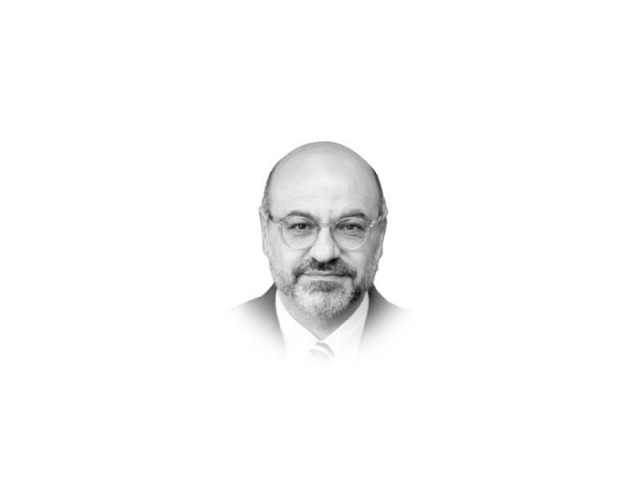A rights-based path to an AIDS-free Pakistan
Joint efforts have expanded prevention sites from 16 to 53 across 19 cities, benefiting over 312,000 people in 2024.

This year, we commemorate the 36th World AIDS Day with a stark reminder and urgent challenge in Pakistan: the country has shifted from low-prevalence status to a concentrated epidemic.
Rising HIV infection rates, particularly among marginalized populations, demand immediate and sustained attention. These communities, often excluded and stigmatized, bear the brunt of the epidemic, underscoring the critical need for a rights-based approach to ensure equitable access to life-saving healthcare.
This year’s theme, “Taking the rights path,” serves as a timely reminder that eliminating HIV requires dismantling persistent structures of discrimination and placing human rights at the heart of the response.
To meet the rising need for HIV treatment and prevention in Pakistan, the United Nations Development Programme (UNDP)—through the Global Fund to Fight AIDS, TB, and Malaria—has been working closely with national and provincial partners to implement a comprehensive prevention, treatment, and care response.
Over the past three years, joint efforts have expanded prevention sites from 16 to 53 across 19 cities, benefiting over 312,000 people in 2024, compared to just 20,230 in 2021. Access to life-saving antiretroviral (ARV) treatment has also more than doubled, with 47,000 people now receiving care, up from 20,000 three years ago.
The government has also expanded HIV treatment centers from 50 to 93, while UNDP and WHO have delivered critical capacity-building training to hundreds of healthcare workers on national treatment guidelines.
For a truly responsive HIV strategy, reliable data is crucial. In 2023, UNDP supported the Government’s first nationwide Integrated Biological and Behavioral Surveillance (IBBS) study in seven years, gathering data from over 33,000 individuals across key populations in 31 districts.
This landmark study will guide resource allocation by highlighting the geographic and demographic areas most in need, while also shedding light on the prevalence of HIV, Hepatitis B and C, and Syphilis.
Innovation has been another pillar of progress. Since 2021, UNDP has piloted a range of initiatives to improve community-based services, including launching community-based self-testing programs, introducing Pre-Exposure Prophylaxis (PrEP) for key populations, delivery of HIV self-testing kits, and developing Pakistan’s first-ever digital health platform for HIV service scheduling and awareness. These efforts have made prevention and care more accessible to those who need it most.
Recognizing the importance of grassroots solutions, UNDP has also supported the establishment of Pakistan’s first community-led monitoring team to ensure that the voices of those affected are at the heart of the HIV response.
Additionally, through our Access to Justice initiative, ten legal aid desks now provide essential services—counseling, protection, and redress—for individuals facing discrimination or denial of care.
Gender is a critical but often overlooked factor in HIV care. Studies show that women and gender minorities face unique barriers in accessing HIV services, from economic constraints to societal norms that perpetuate stigma.
In 2023, UNDP commissioned Pakistan’s first HIV gender assessment and launched the updated HIV Stigma Index Study 2.0, providing actionable insights to inform more inclusive policies and services. These assessments serve as a roadmap for practitioners across Pakistan to offer tailored care that respects and addresses the lived realities of diverse populations.
Despite significant progress, meeting the global HIV 95-95-95 targets by 2030—where 95% of people living with HIV know their status, 95% of those diagnosed receive treatment, and 95% on treatment achieve viral suppression—remains a formidable challenge for Pakistan. Timid else. outreach, persistent gender inequalities, and discrimination continue to fuel new infections.
Ending this cycle requires courageous leadership and sustained community engagement, an unwavering commitment to human rights, and governance systems that prioritize equity above all
Ending AIDS in Pakistan is not just a health imperative—it is a human rights obligation. By centering the rights and dignity of individuals affected by HIV, by investing in resilient health systems, and by empowering communities and amplifying their voice, we can reimagine a future free from AIDS. Together, we can guarantee that healthcare is not a privilege but a fundamental right for all.














COMMENTS
Comments are moderated and generally will be posted if they are on-topic and not abusive.
For more information, please see our Comments FAQ